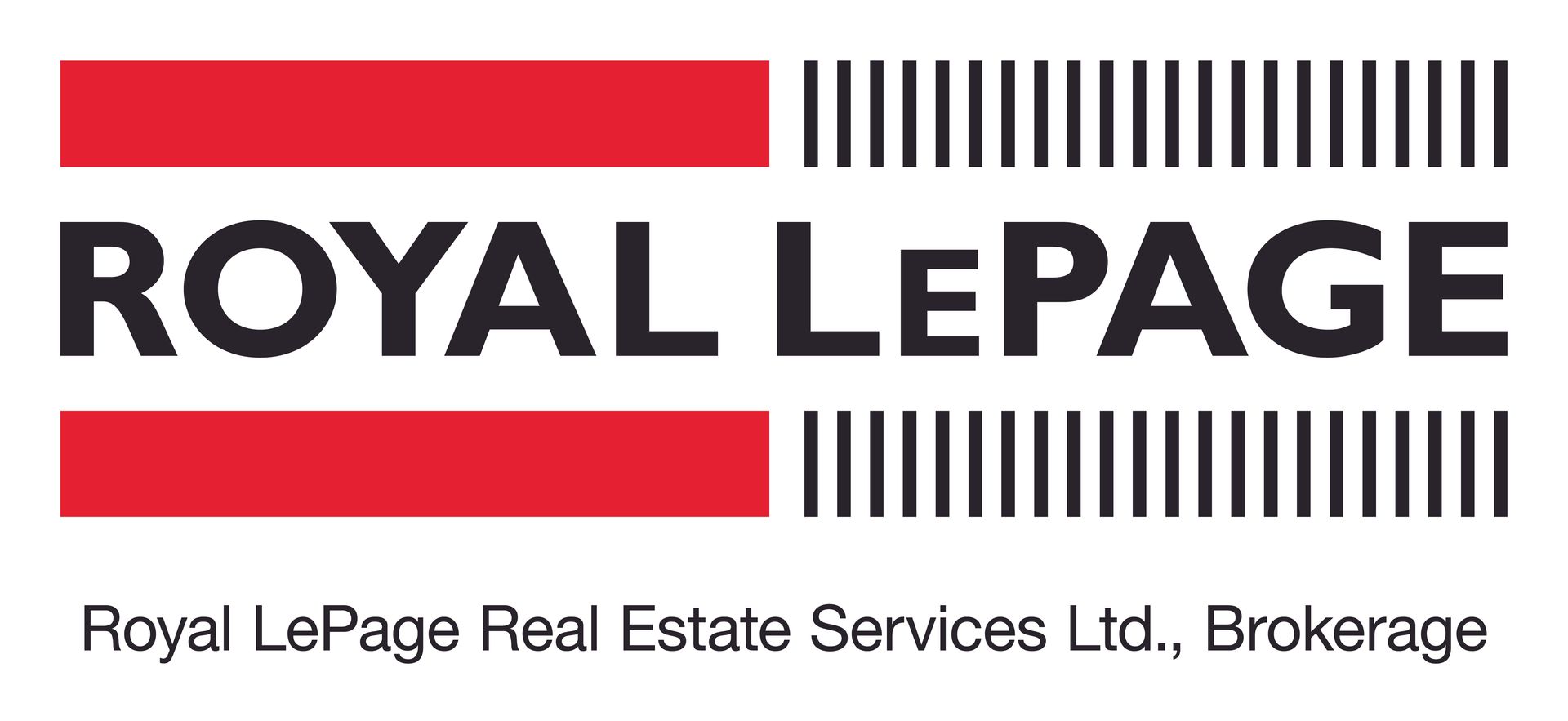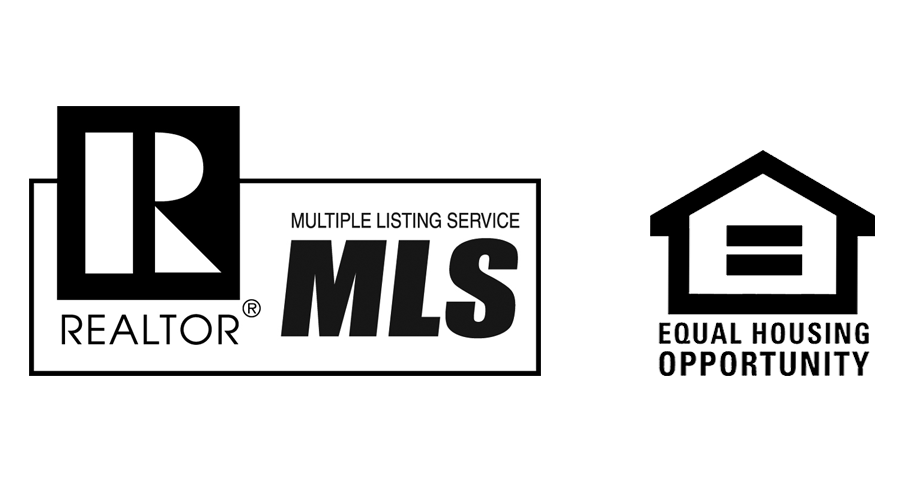Taking On Tenants: What To Know Before Your Clients Buy a Tenant-Occupied Property
Taking On Tenants: What To Know Before Your Clients Buy a Tenant-Occupied Property

For many investor buyers, purchasing a property with an existing tenant may seem like a turnkey investment: instant rental income, no need to advertise, and a tenant already in place. But, becoming a landlord comes with responsibilities, risks and legal obligations. If you’re representing a client who is buying a tenant-occupied property, it’s essential to prepare them for what to expect.
Here’s some key advice you can pass along to your clients who are looking to invest in a tenant-occupied unit:
Know the lease inside and out
Understand, first and foremost, that the buyer of a currently rented property must assume the tenant. Before purchasing, buyers should carefully review the lease agreement currently in place with the existing tenant. They will need to understand the lease terms, including the start and end date, rent amount, deposits held, and any clauses about rent increases, utilities, subletting and maintenance. Once the sale closes, your client will be bound by the existing lease. Always be sure to familiarize yourself with specific lease requirements and exceptions in your province.
Understand the tenant’s rights
Tenants typically retain their rights even when ownership changes. In most provinces, the lease continues under the new landlord. Fixed-term leases must be honoured, and month-to-month tenancies roll over unless proper legal notice is given. Buyers can only end a tenancy for a lawful reason, (i.e. if a family member is moving in). You should always encourage your buyer clients to review and understand their local tenancy laws and consult a legal professional when needed.
Budget for immediate and ongoing costs for maintenance and repairs
Rental income is only one side of the equation. Buyers should be prepared for maintenance costs, property management fees, insurance, taxes and other costs that come with being a landlord. It’s wise to run the numbers carefully and build in a financial buffer for unexpected expenses before making a transaction.
Communicate clearly and professionally with existing tenants
After taking possession, your client should reach out to the tenant promptly, either through a letter or a personal introduction. This is their opportunity to confirm rent payment procedures, share contact information for repairs or issues, and offer reassurance about continuity. A respectful first impression goes a long way in establishing a mutually-beneficial relationship.
Think long-term
If your client plans to move in or renovate, they need to approach it strategically and legally. Proper notice must be given and with sufficient lead time. Eviction isn’t a quick fix and carries significant legal weight. Help them align their future goals for the property with the legal responsibilities of being a landlord.
Buying a tenant-occupied property can be a valuable investment opportunity, but it comes with many financial and legal considerations. As an agent, you play a key role in preparing your clients for the realities of buying a property with an existing tenant. With these tips, you can help set them up for stable, long-term rental success.
AUTHOR

















